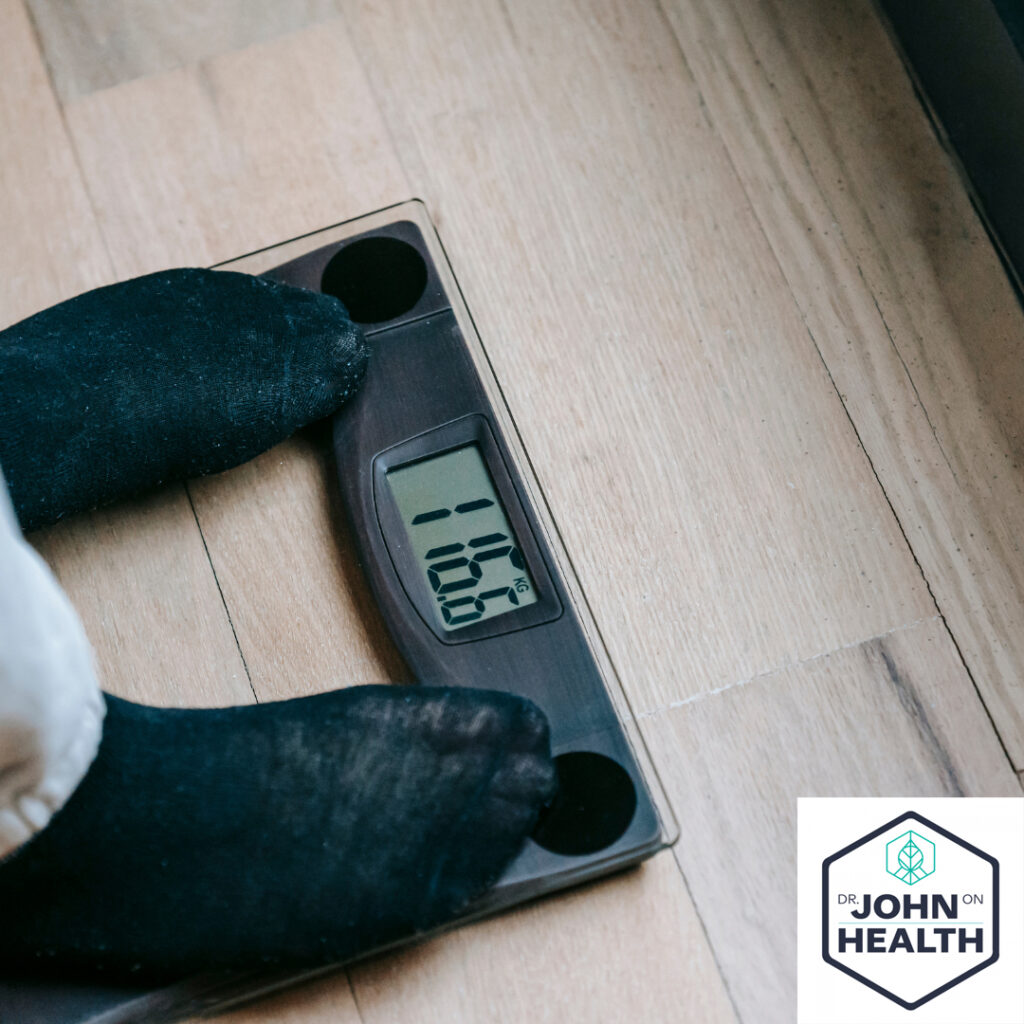This is part two of a 2-part series on Hydration. This week I will be focusing on water intake. Watch this short video and read more below.
How much water should I drink daily?
Although experts calculate an average daily intake of 6-9 cups for women and 8-12 cups for men the amount needed depends on multiple and often changing factors such as ambient temperature, humidity, physical activity, exposure to a heat source, and the availability and consumption of water or water containing items. Water needs may also vary individually depending on weight, age, sex, environment, diet, and genetics. In addition, excessive loss of water due to intestinal problems, hormonal conditions, consumption of medications that induce fluid loss, or restriction of water intake due to medical advice can also change the water requirement.
For routine activities, thirst is normally an adequate guide to maintaining proper hydration. This is a typical example of physiological regulatory mechanisms where the control centers’ detection of a deficit is the signal for initiating the response. As of 2010, there was no scientific study showing that it is beneficial to stay ahead of thirst by conscious consumption of water.
Will drinking water during a meal slow down digestion?
Some people wait until the end of a meal to drink water, believing that not drinking water during a meal helps to speed up digestion. What they may need to be aware of is the importance of water to break down what you eat into smaller and smaller sizes that the body can absorb.
For example, the mechanical breakdown of food through chewing starts in the mouth. The efficiency of chewing slows down if the mouth is dry. In addition, enzymes that break down the complex carbohydrate into smaller sugars start working inside the mouth and need a watery environment. This explains why humans produce about 1200 to 1500 ml of saliva every day. Saliva is around 99% water. After contractions in the small intestine that break the food into even smaller pieces come chemical digestion by enzymes that break down food into molecules that the body can use.
To facilitate this, every day the intestinal cells secrete over three liters of fluid. Almost all of the water is reabsorbed back into the blood in the large intestine along with vitamin K produced by bacteria in the colon. In short, if you don’t drink water during a meal the body compensates for it by secreting water into the intestine.
What is the best source of water?
In addition to drinking, one can safely increase water intake by eating vegetables and fruits with high water content. Some of the vegetables containing over 80% of water are lettuce, carrots, celery, bok choy, radish, cucumber, zucchini, watercress, tomatoes, green bell peppers, and green peas. Some of the fruits containing over 80% of water are papaya, blackberries, peaches, cantaloupe, grapefruit, strawberries, watermelon, mangoes, apples, and pineapple.
How can I prevent excess water loss?
If you anticipated excess water loss from the summer heat protect yourself with the following measures:
- As much as you can, try not to work in direct sunlight
- If you can’t avoid exposure to a hot environment be sure to wear loose-fitting and light-colored clothes
- Use SPF sunscreen protection if necessary
- Use sunglasses and a hat when desirable
- Watch out for feelings of tiredness
- Drink water and move to the shade and sit down if you start feeling uncomfortable.
- Be sure to alert someone as to how you feel periodically

Your Health Is at Risk
In 2020, there were over 122 million people in the U.S. diagnosed with elevated blood glucose, 34 million with the diagnosis of Type 2 diabetes, and 88 million diagnosed with prediabetes, yet their hope for healthy living is thwarted by medical dogma, disinformation, misinformation, and missing information.
Disinformation, Misinformation, and Missing Information, which is abbreviated “DMMI”, fuels growing health illiteracy and unhealthy lifestyle choices. This drives not only increases in Type 2 diabetes but also cancer, cardiovascular diseases, COVID-19, and other illnesses considered lifestyle diseases.
As described in my 5th book, Your Health Is at Risk, a literate person in today’s world is aware that the traditional media and social media are swarming with intentional disinformation about many topics, from politics to finances, to health advice and diet plans. Literacy, critical thinking, and a tolerance for reading scientific material are absolutely necessary to detect such disinformation.


